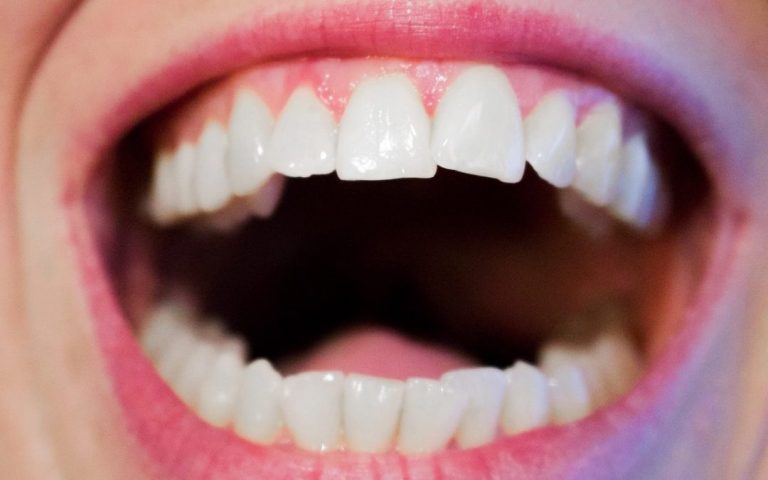Tips for Helping Kids Overcome Dental Fear
Dental fears and anxieties are common among children, often leading to resistance and reluctance when it comes to oral health care. As a parent or guardian, it is essential to understand the impact of dental fears on your child’s well-being and take proactive steps to help them overcome these anxieties. Therefore, here are a few practical tips and strategies to assist parents in supporting their children in conquering dental fears and developing positive dental habits.
Acknowledge and validate your child’s fear

The first step in helping your child overcome dental fears is to acknowledge and validate their feelings. Dental anxieties can stem from various sources, such as previous negative experiences, fear of pain, or unfamiliarity with the dental environment. By empathetically recognizing their fears, you create a safe space for open communication and demonstrate your support.
Introduce dental care early
Early introduction to dental care can help familiarize your child with oral hygiene routines and reduce their fear of dental visits. Begin oral care practices as soon as your child’s first teeth emerge. Use age-appropriate toothbrushes, make brushing a fun and interactive activity, and explain the importance of dental care in simple terms. By establishing a positive dental routine early on, you lay the foundation for a lifetime of good oral health habits.
Use positive reinforcement

Positive reinforcement can be a powerful tool in motivating children and reducing dental fears. Praise your child for their efforts in maintaining good oral hygiene, such as brushing their teeth regularly or cooperating during dental visits. Small rewards or incentives can further encourage their participation and create positive associations with dental care.
Choose a pediatric dentist
Selecting the right dentist for your child is crucial in managing their dental fears. Pediatric dentists specialize in treating children and are trained to handle anxious young patients. These dentists often create child-friendly environments, use gentle techniques, and employ effective communication strategies to alleviate fears. Choosing a dentist who is experienced in working with children can make a significant difference in your child’s comfort level during dental visits. These people often have toys that might calm your kids down, such as those practical Montessori toys for a 2 year old that might help your kids forget all about their fear.
Prepare and educate your child

Fear of the unknown can intensify dental anxieties. To alleviate this, provide your child with information about what to expect during dental visits. Use age-appropriate books, videos, or online resources that explain dental procedures and emphasize the importance of oral health. Answer their questions honestly and address any concerns they may have. Knowledge and familiarity can help alleviate anxiety and build confidence.
Encourage open communication
Encouraging open communication between your child and the dental team is crucial. Prioritize finding a dentist who is patient, understanding, and willing to answer your child’s questions. During dental visits, encourage your child to express their concerns or fears to the dentist or dental hygienist. This allows the dental team to address their worries, provide reassurance, and adapt their approach accordingly.
Be a positive role model

Children often mimic their parents’ behaviours and attitudes. By demonstrating a positive attitude toward dental care, you can influence your child’s perception and alleviate their fears. Share your own positive dental experiences with them and maintain regular dental check-ups for yourself. Seeing you approach dental visits with calmness and confidence can reassure your child and encourage them to do the same.
Consider sedation options
In severe cases of dental anxiety or for certain dental procedures, sedation options may be considered. Pediatric dentists are trained to provide sedation techniques that ensure your child’s safety and comfort. Discuss these options with the dentist to determine if they are suitable for your child’s specific needs.
Helping your child overcome dental fears requires patience, empathy, and proactive involvement. By doing all the things mentioned here and making sure that your kids know that you’re always there for them, you can support your young ones in developing positive dental habits and overcoming their anxieties. Remember, each child is unique, so tailor your approach to their specific needs and consult with dental professionals for personalized guidance. With your support, your child can embrace dental care with confidence and maintain good oral health throughout their life.




